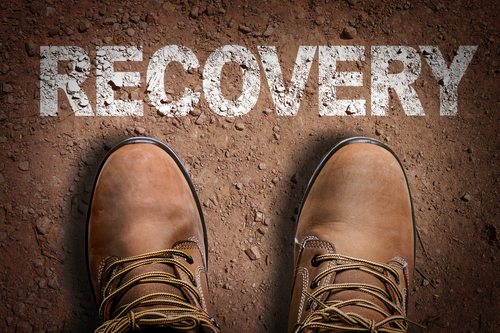Drug rehab sometimes gets a negative reputation for being a difficult place without any positive benefits. The reality is that drug rehab is a great place to explore treatment options and receive support in a therapeutic environment. Learning what to expect can lessen any fears or reservations about a drug rehab experience.
What to Expect
A few main types of rehab programs currently operate throughout the United States.
- Inpatient programs require people to stay at the facility throughout treatment
- Outpatient programs do not require people to stay onsite but are free to go home while still attending weekly therapy and counseling sessions
Screening
An initial screening and assessment is performed upon entrance to a drug and alcohol rehab center. The rehab staff will then have a chance to diagnose the addiction as well as any underlying mental disorders. Addiction care plans are usually created during the evaluation period.
The following additional services may be offered dependent on each individual’s circumstances:
- Medical detox. Individuals who are drug or alcohol dependent are encouraged to go through medical detox. The person is monitored 24-7 by doctors and nurses as withdrawal occurs. This helps make withdrawal slightly more comfortable, minimizing the risk of relapse. This also ensures help is available in the event of a medical emergency.
- Psychotherapy. People recovering from addiction and alcoholics can anticipate psychotherapy during treatment. This typically includes individual, group and family therapeutic support.
- Pharmacotherapy. This term simply means medication. Some people respond well while others need additional support. Best results come typically from a combination of psychotherapy and drugs to help an individual through addiction treatment.
- Educational sessions. To be equipped to beat addiction, a person must understand the addiction through sessions on the nature of abuse and its effects on the brain.
- Aftercare services may also be offered to help a person cope with triggers in a healthy way after treatment ends.
Leaving Rehab
A person can leave rehab anytime it is desired. Nobody is forced to stay but leaving before treatment ends is typically counterproductive. A person in rehab who leaves early will be strongly encouraged to stay and complete treatment. Triggers and stresses from the outside environment may be too much to handle too soon after initial detox and recovery from drugs or alcohol.
Aftercare
Addiction recovery is a long-term process. Completion of a rehab program is only the beginning for many people who want to lead a drug-free life. Following rehab, a person will be encouraged to continue self-development. It may help to look into:
- Counseling (individual, family)
- Outpatient rehab
- Transitional housing or sober living
Continuation of outpatient therapy sessions can be very helpful in being successful after recovery. A person in recovery from addiction may benefit from family therapy also to mend broken trust and relationships. It is up to the individual to decide best course of action in following up with aftercare plans for recovery.
If you are struggling to keep your commitment to sobriety, there is hope. Call The Villa to find out what we offer to support your journey back to sober, healthy living.

